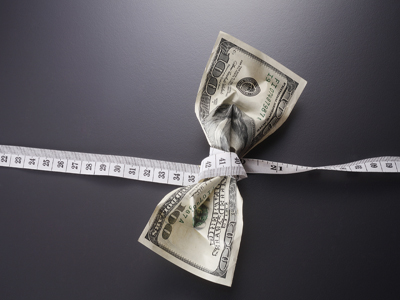We all understand the idea of paying too much for a small business. But is there such a thing as not paying enough? That seems like an odd notion, but I'm familiar with situations in which a buyer acquired a small business for a figure substantially under what probably was market value.

Comments & Feedback From Pro Intermediaries & Pro Advisors On BizBen:

 We can look at this from the perspective of the seller as well.
We can look at this from the perspective of the seller as well.
 Peter, what a story! It sounds like that store might be more cursed than Tutankhamun's tomb, just joking. Unless a broker has a pocket listing or the broker is unscrupulous than NO, Fair Market Value will win the day. If I had a listing to sell a coffee shop that had a net income of 60K, and the store was listed for 20K, and it was properly advertised on something like BizBen.com, then I would get more calls than I knew what to do with. The first seller who let everyone know what the selling price was did hurt the goodwill of the business for sure. I have had experiences with selling stores who have received notice from ABC that they had to sell the store with 90 days or their license would be revoked because they received too many tickets (selling to minors, undercover ABC investigators, etc). Buyers who are paying all cash are many times more shrewd in their negotiations, because there are fewer of them in the market. If the buyer offers a price at fair market value, and then drives the price of the business down during escrow or threatens to back out of the deal with a desperate seller, then that's a different story.
Peter, what a story! It sounds like that store might be more cursed than Tutankhamun's tomb, just joking. Unless a broker has a pocket listing or the broker is unscrupulous than NO, Fair Market Value will win the day. If I had a listing to sell a coffee shop that had a net income of 60K, and the store was listed for 20K, and it was properly advertised on something like BizBen.com, then I would get more calls than I knew what to do with. The first seller who let everyone know what the selling price was did hurt the goodwill of the business for sure. I have had experiences with selling stores who have received notice from ABC that they had to sell the store with 90 days or their license would be revoked because they received too many tickets (selling to minors, undercover ABC investigators, etc). Buyers who are paying all cash are many times more shrewd in their negotiations, because there are fewer of them in the market. If the buyer offers a price at fair market value, and then drives the price of the business down during escrow or threatens to back out of the deal with a desperate seller, then that's a different story.
